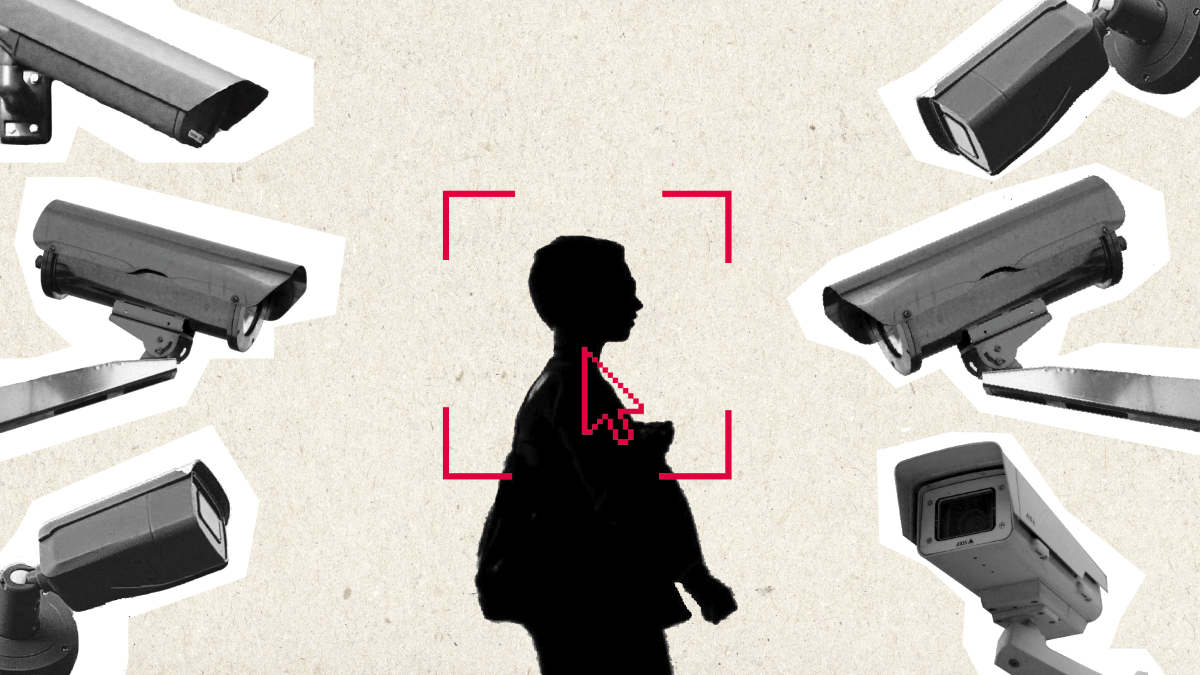India's Increasing Surveillance and Privacy Violations Revealed
The content delves into the escalating surveillance practices in India due to increased digitization, with a focus on the misuse of CCTV footage, facial recognition technology, and biometric databases. Human rights activists express concerns over privacy violations and misidentifications, highlighting the potential harm caused by these surveillance methods. The government's push for digital initiatives like Aadhaar raises fears of a totalitarian society where dissent becomes challenging. Additionally, mandatory surveillance apps for public-sector workers have sparked protests over privacy infringements and livelihood disruptions.
Customize Summary
Rewrite with AI
Generate Citations
Translate Source
To Another Language
Generate MindMap
from source content
Visit Source
www.context.news
Surveillance nation: India spies on world's largest population | Context
Thông tin chi tiết chính được chắt lọc từ
by Rina Chandra... lúc www.context.news 02-21-2024
https://www.context.news/surveillance/surveillance-nation-india-spies-on-worlds-largest-population
Yêu cầu sâu hơn
